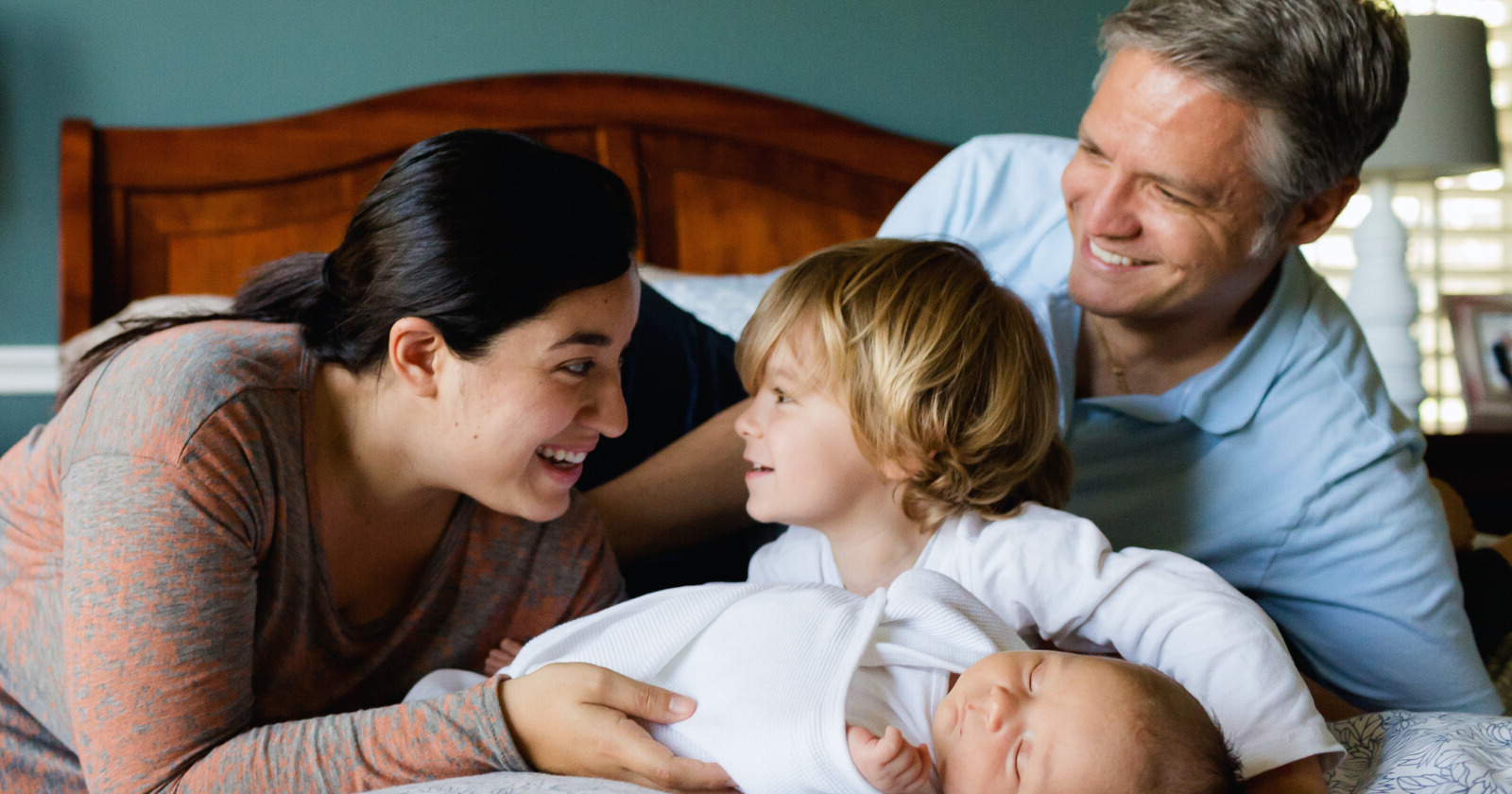As parents, we all want the best for our kids. We dream of raising kind, resilient, and capable individuals who grow up to make a positive mark on the world.
But sometimes, in the chaos of parenting, it’s easy to overlook how our own habits shape the people our children become.
Our everyday behaviors—both good and bad—set the stage for how they view themselves, others, and the world around them.
If we want our children to grow into high-quality people, it starts with us.
And often that starts with letting go of certain habits that may seem harmless but can hold them back in the long run.
Today, we’re diving into six such habits.
1) Overprotecting them
Parenting can sometimes feel like walking a tightrope.
You want to protect your children, sure, but there’s a fine line between protection and overprotection.
Overprotectiveness can stifle your child’s growth. It’s like keeping a bird in a cage – it won’t learn to fly.
This is widely acknowledged by experts.
For instance, clinical psychologist Padraic Gibson has noted that “young people, when overparented, often harbour a grave mistrust in those around them and in their own capabilities.”
Children need to learn how to handle adversity, make decisions, and learn from their mistakes.
And they won’t be able to do that if they’re constantly shielded from the world.
Next time you feel the urge to swoop in and save the day, take a step back.
Let your child face their challenges head-on. It might be tough to watch, but trust me – it’s for their own good.
2) Ignoring their emotions
It’s easy to dismiss a child’s feelings as trivial or insignificant.
After all, what do they know about the real struggles of life, right?
- 4 zodiac signs who overthink past conversations and regret what they didn’t say - Parent From Heart
- If you struggle with people-pleasing, these 8 phrases will stop you from being taken advantage of - The Blog Herald
- 8 phrases you don’t realize are making you come across as inexperienced and incompetent at work - NewsReports
Well, disregarding a child’s emotions can be damaging in the long run.
It sends the message that their feelings aren’t valid or important and as noted by the folks at Psych Central, it can “lead to confusion, self-doubt, and distrust.”
Children are still learning how to navigate their emotions.
By validating their feelings, we teach them that it’s okay to feel and express emotions.
It helps them develop emotional intelligence, which is crucial for their overall well-being.
Listen to them. Validate their feelings. It might seem small to you, but it could mean the world to them.
3) Not practicing what you preach

How often do we tell our kids one thing and then do the exact opposite?
I know I’ve done it—and if you’re honest, you probably have too.
The problem is that our kids are far more influenced by what we do than what we say.
When we fail to practice what we preach, we’re inadvertently teaching them that our words don’t hold weight, and that they don’t need to take their own commitments seriously either.
For example, if we tell our children the importance of honesty but they catch us telling a “little white lie,” what are they learning about integrity?
Or if we encourage them to prioritize health and fitness but constantly skip our own workouts, how seriously do you think they’ll take your advice?
Consistency is key. If we want our children to grow into honest, hardworking, and compassionate individuals, we need to model those behaviors ourselves.
After all, actions speak louder than words.
4) Overpraising
This one might sound harsh but hear me out.
Everyone likes a bit of praise now and then.
It boosts our self-esteem and makes us feel valued. But when it comes to children, too much praise can actually backfire.
Overpraising can create pressure for children to continue performing at a high level to receive praise.
It can also lead them to develop a dependence on external validation.
It’s important to praise your child’s efforts rather than their innate abilities.
This nurtures a growth mindset, which encourages them to see challenges as opportunities for learning rather than threats to their self-worth.
5) Comparing them to others
It’s tempting to compare your child to their siblings, friends, or even that neighbor’s kid who seems to excel at everything.
After all, comparisons can feel like a way to inspire motivation or set a benchmark.
But in reality, comparing your child to others does more harm than good.
When children are constantly measured against someone else’s abilities, they may start to feel inadequate or unworthy.
They might begin to believe their unique talents and efforts aren’t enough because they don’t match up to someone else’s achievements.
This can chip away at their confidence and lead them to question their own self-worth.
As Albert Einstein wisely said, “Everybody is a genius. But if you judge a fish by its ability to climb a tree, it will live its whole life believing that it is stupid.”
Every child is different, with their own strengths, weaknesses, and pace of growth.
Instead of comparisons, focus on celebrating your child’s individual journey.
Highlight their progress, no matter how small, and encourage them to compete only with who they were yesterday.
When we embrace our children for who they are, we give them the space and confidence to become their best selves.
6) Avoiding difficult conversations
Life isn’t always sunshine and rainbows. It has its fair share of thorns and storms.
And as much as we want to shield our children from these harsh realities, we can’t.
Avoiding difficult conversations does more harm than good.
It leaves children ill-prepared to face life’s challenges.
Whether it’s about loss, failure, or inequality – these conversations are necessary.
They teach resilience, empathy, and understanding.
They equip children with the tools they need to navigate the complexities of life.
So, don’t shy away from the tough topics. Embrace them.
After all, it’s through these conversations that we raise not just high-quality people, but compassionate and resilient ones too.
Final thoughts: It’s a journey
Parenting is one of the most challenging and rewarding journeys we’ll ever undertake.
It’s a constant balancing act, and none of us get it right all the time.
However, by reflecting on our habits and making intentional changes, we can set our children up for a brighter future.
Letting go of these behaviors isn’t about being perfect—it’s about growing alongside our kids.
When we model self-awareness, empathy, and resilience, we teach them that personal growth is a lifelong journey.
Our children are watching, learning, and becoming.
Let’s give them the best example we can and help them grow into the kind, confident, and capable people we know they’re meant to be.









